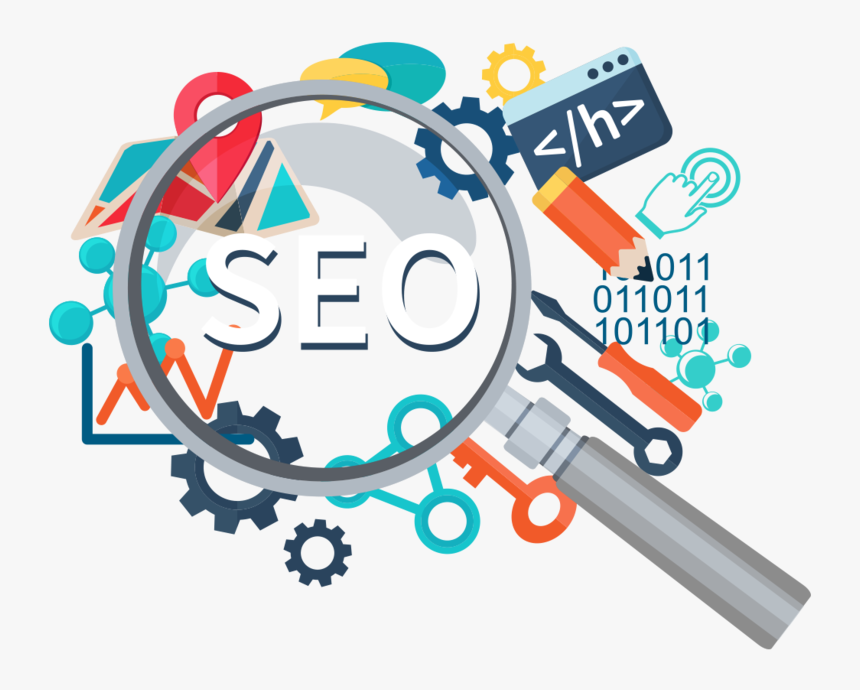
In today’s digital age, having a website is not enough. If your audience can’t find you online, you’re missing out on valuable traffic and opportunities. This is where Search Engine Optimization (SEO) comes into play. SEO is the practice of optimizing your website to improve its visibility on search engines like Google, Bing, and Yahoo. The better your SEO, the higher your site appears in search engine results, leading to increased organic traffic.
SEO involves several important strategies. On-page SEO includes optimizing elements within your website—such as titles, meta descriptions, keywords, content, and images—to make them search-engine-friendly. Off-page SEO refers to activities outside your website, primarily backlink building, which helps improve your site’s authority and credibility. Technical SEO focuses on improving the backend structure of your site, ensuring faster load times, mobile responsiveness, and proper indexing by search engines.
 One of the core aspects of SEO is keyword research. This involves understanding the words and phrases that users type into search engines when looking for information, products, or services. By targeting the right keywords, businesses can attract users with genuine interest in their offerings.
One of the core aspects of SEO is keyword research. This involves understanding the words and phrases that users type into search engines when looking for information, products, or services. By targeting the right keywords, businesses can attract users with genuine interest in their offerings.
SEO is not a one-time task but a continuous process. Search engine algorithms are constantly evolving, and staying updated with the latest practices is crucial. While SEO takes time to show results, the long-term benefits—such as sustained traffic, brand credibility, and cost-effective marketing—make it a valuable investment.
In conclusion, SEO is an essential digital marketing tool that helps businesses grow organically in the online space. Whether you’re a small business or a large enterprise, effective SEO can significantly improve your visibility, drive traffic, and enhance your overall online presence.
